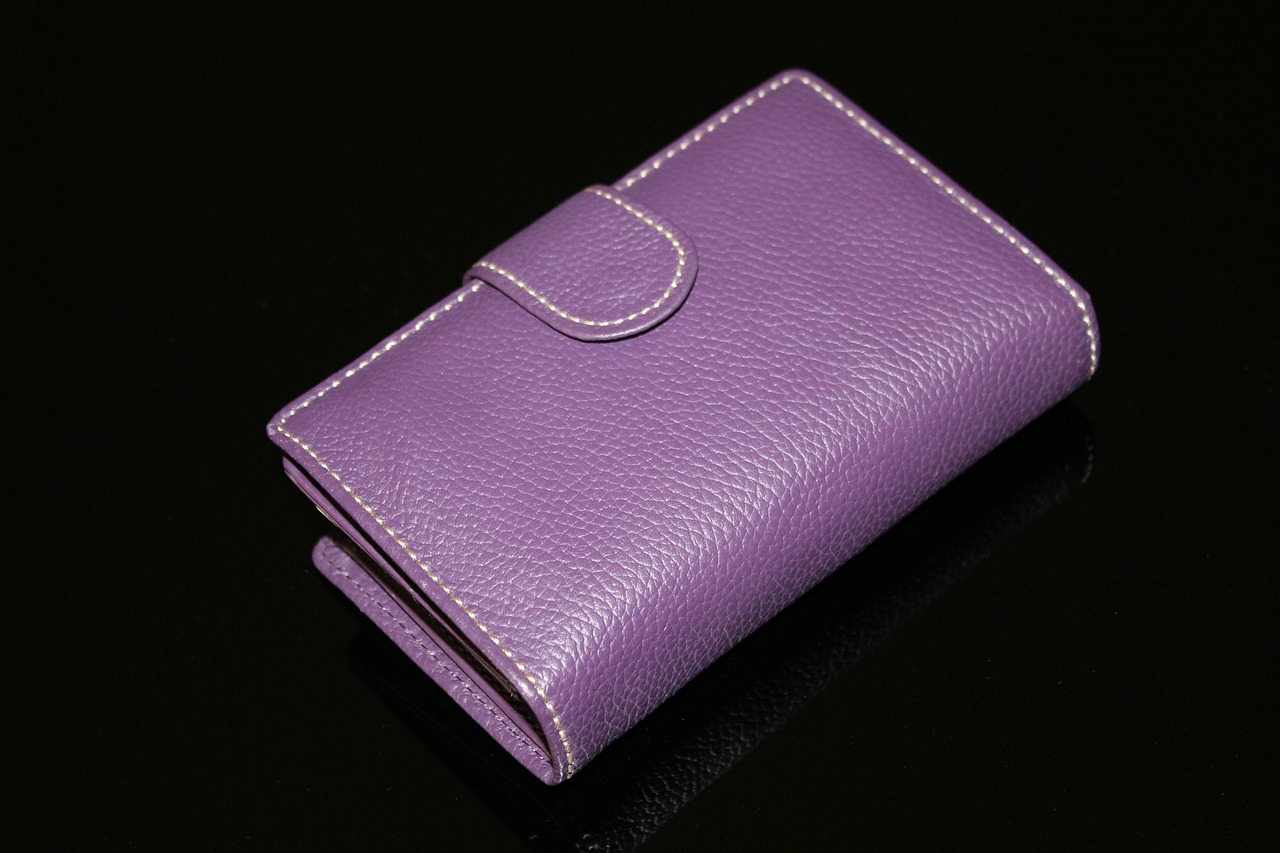Fashion Retailers’ Response to Sustainable Urban Planning Initiatives: 11xplay pro login, Tigerexch247 live, Betbook.com
11xplay pro login, tigerexch247 live, betbook.com: Fashion retailers are increasingly becoming aware of the impact of their operations on urban planning and sustainability. With the rise of eco-conscious consumers and the growing importance of environmental responsibility, fashion brands are starting to take steps to align their practices with sustainable urban planning initiatives. In this article, we will delve into the various ways in which fashion retailers are responding to sustainable urban planning initiatives and the benefits that this can bring to both the environment and their bottom line.
Sustainable Sourcing
One of the key areas where fashion retailers are making a difference in sustainable urban planning is through their sourcing practices. By choosing to work with suppliers who adhere to strict environmental and ethical standards, fashion brands can reduce their carbon footprint and minimize their impact on urban environments. This includes sourcing materials that are produced in a sustainable manner, such as organic cotton or recycled polyester, as well as working with suppliers who prioritize fair labor practices and minimize waste.
Green Store Design
Another way in which fashion retailers are responding to sustainable urban planning initiatives is through the design and construction of their stores. Many fashion brands are choosing to build eco-friendly stores that utilize sustainable materials, energy-efficient lighting, and green building practices. In doing so, they not only reduce their environmental impact but also create a more pleasant and healthy shopping environment for their customers.
Public Transportation and Accessibility
Fashion retailers are also taking steps to promote sustainable transportation options for their customers and staff. By locating their stores in urban areas with good access to public transportation and bike lanes, fashion brands can help reduce traffic congestion and air pollution. Additionally, some retailers are offering incentives for employees who choose to commute via public transportation or carpool, further reducing their carbon footprint.
Community Engagement
Fashion retailers are increasingly recognizing the importance of engaging with local communities to promote sustainable urban planning initiatives. By partnering with local organizations and participating in community events, fashion brands can raise awareness about environmental issues, support green initiatives, and build strong relationships with their customers. This can help to enhance the brand’s reputation and attract eco-conscious consumers who are looking to support socially responsible companies.
Recycling and Waste Management
Many fashion retailers are implementing recycling and waste management programs to reduce the amount of waste generated by their operations. This includes collecting and recycling cardboard, paper, plastic, and textile waste, as well as implementing composting programs for organic waste. By reducing landfill waste and promoting recycling, fashion brands can contribute to sustainable urban planning efforts and minimize their impact on the environment.
Supplier Audits and Transparency
In order to ensure that their supply chain is in line with sustainable urban planning initiatives, many fashion retailers are conducting supplier audits and increasing transparency in their sourcing practices. By working with suppliers who are committed to environmental and ethical standards, fashion brands can ensure that their products are produced in a responsible manner. This not only benefits the environment but also builds trust with consumers who are increasingly demanding transparency and accountability from the brands they support.
Conclusion
Fashion retailers play a crucial role in shaping urban environments and driving sustainability initiatives. By adopting sustainable practices in their sourcing, store design, transportation options, community engagement, waste management, and supplier audits, fashion brands can make a positive impact on the environment and contribute to sustainable urban planning efforts. Ultimately, this can help to attract eco-conscious consumers, enhance brand reputation, and create a more sustainable future for all.
FAQs
Q: How can consumers support fashion retailers’ sustainable urban planning initiatives?
A: Consumers can support fashion retailers’ sustainable urban planning initiatives by choosing to shop from brands that prioritize sustainability, recycling, and ethical sourcing practices. By supporting environmentally responsible brands, consumers can help drive positive change in the fashion industry.
Q: What role does technology play in fashion retailers’ response to sustainable urban planning initiatives?
A: Technology plays a significant role in helping fashion retailers track and reduce their environmental impact. From using data analytics to optimize transportation routes to implementing RFID technology to track product sustainability, technology can help fashion brands make more informed and sustainable decisions.
Q: How can fashion retailers collaborate with local governments and urban planners to promote sustainable urban planning?
A: Fashion retailers can collaborate with local governments and urban planners by participating in sustainability initiatives, advocating for green policies, and supporting sustainable infrastructure projects. By working together, retailers, governments, and planners can create a more sustainable urban environment for all.







